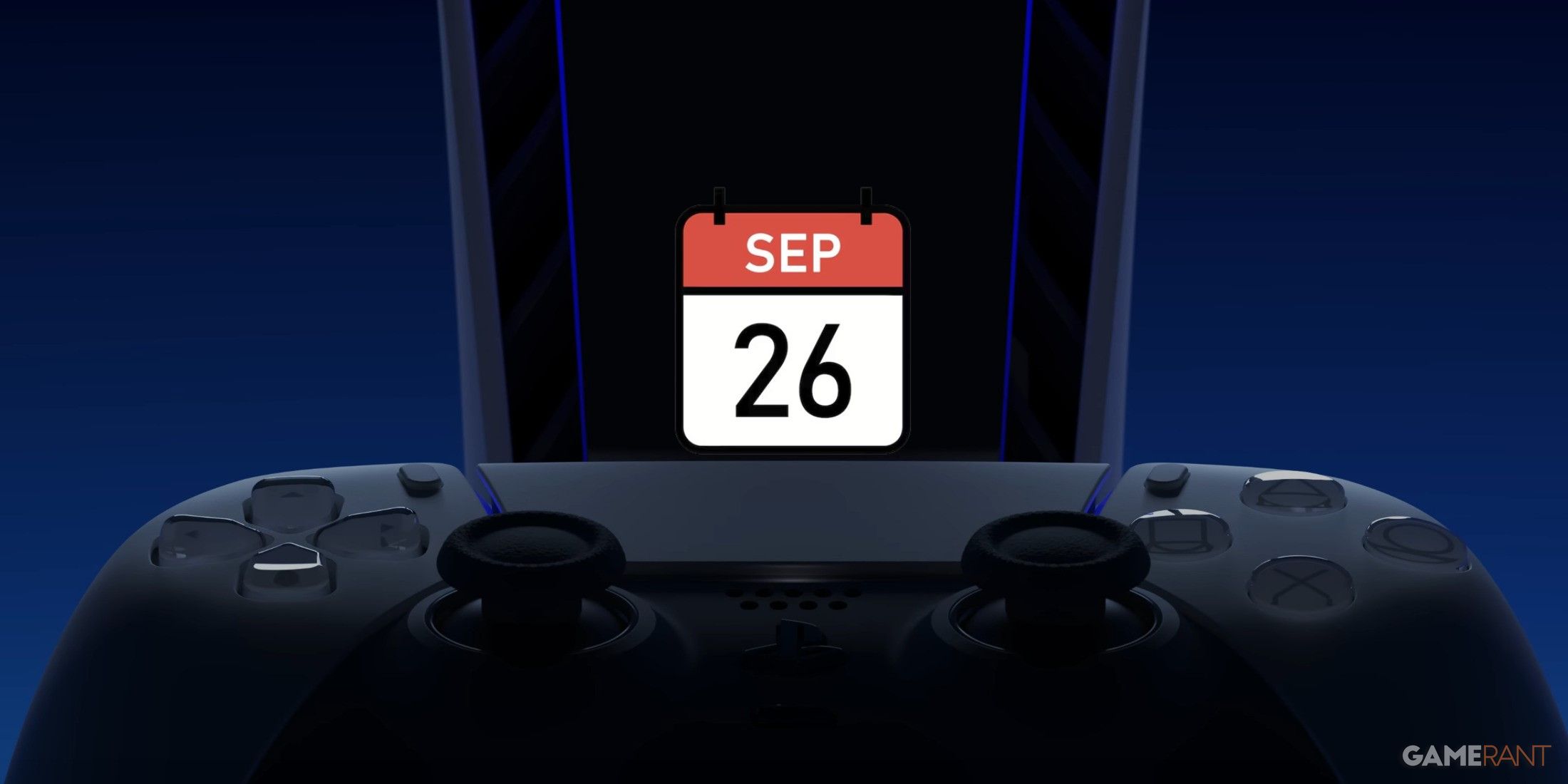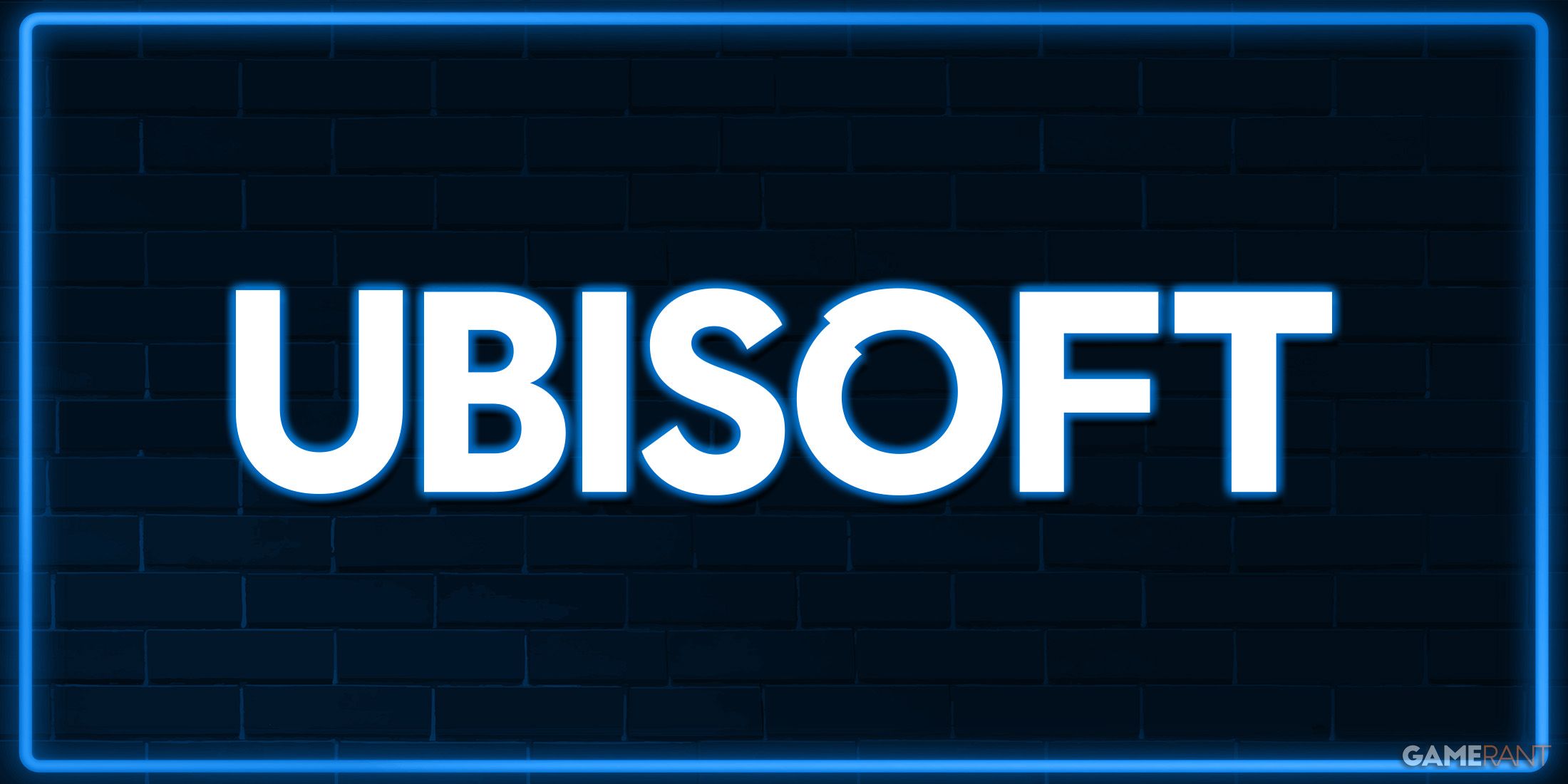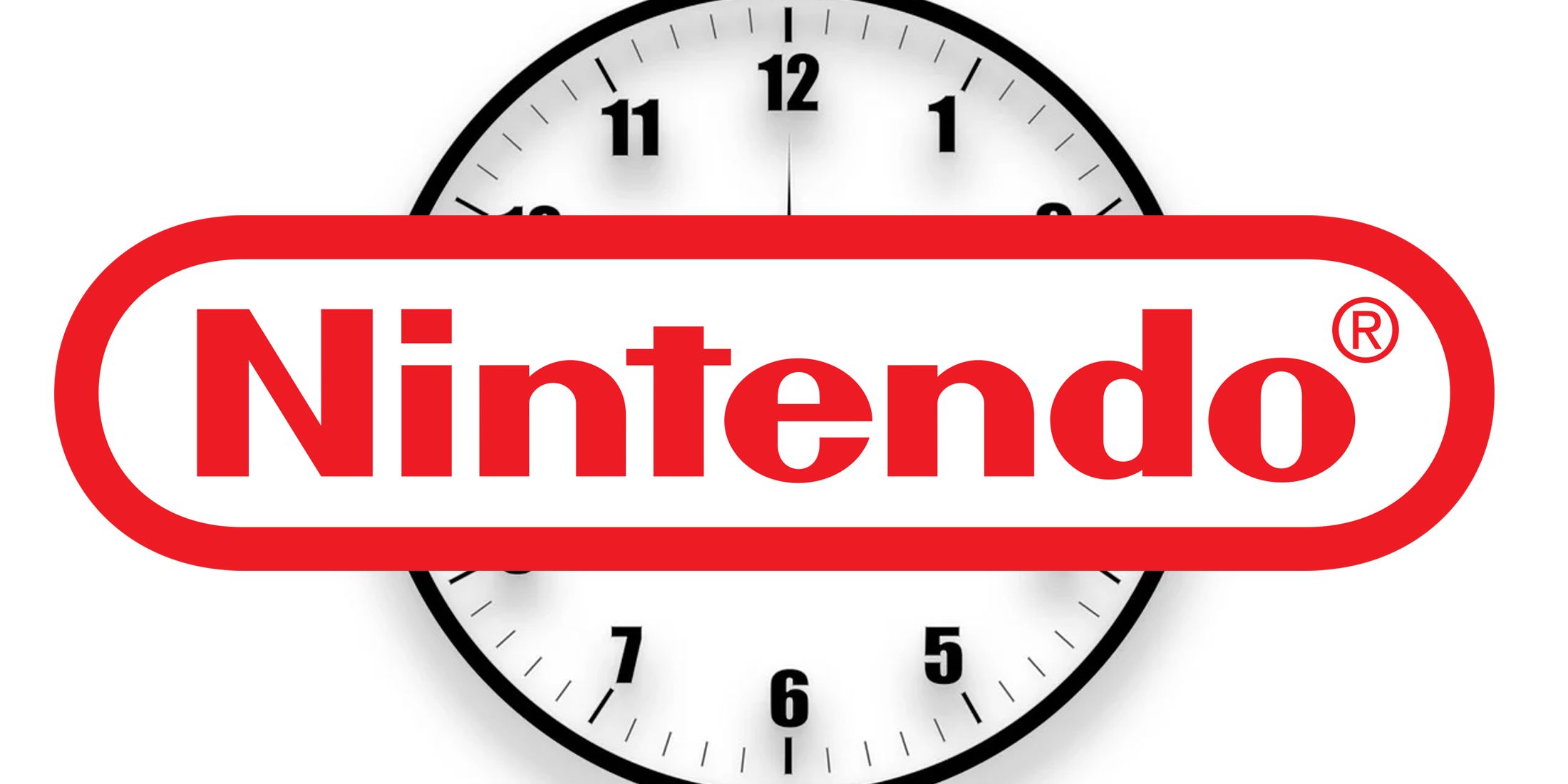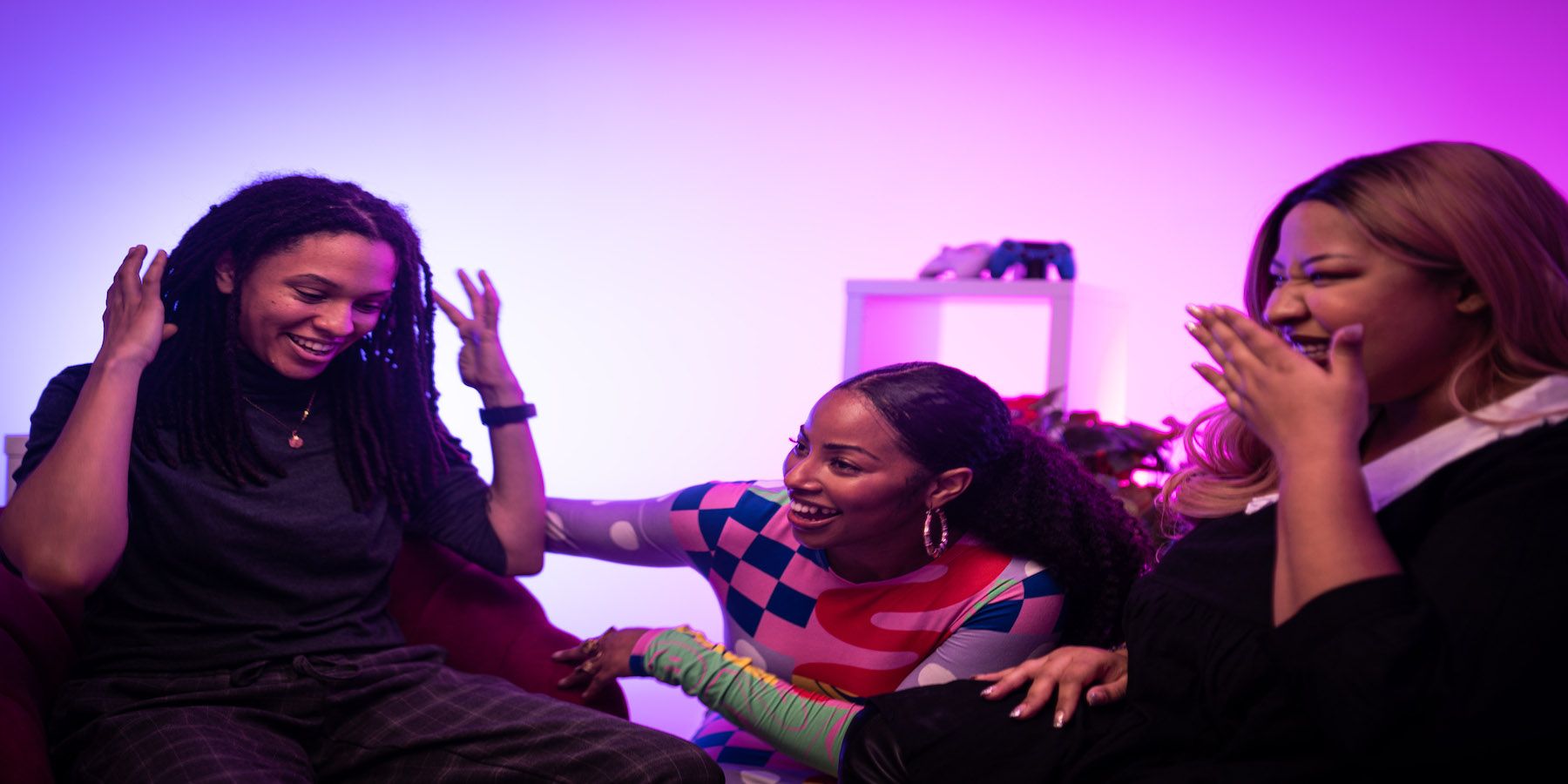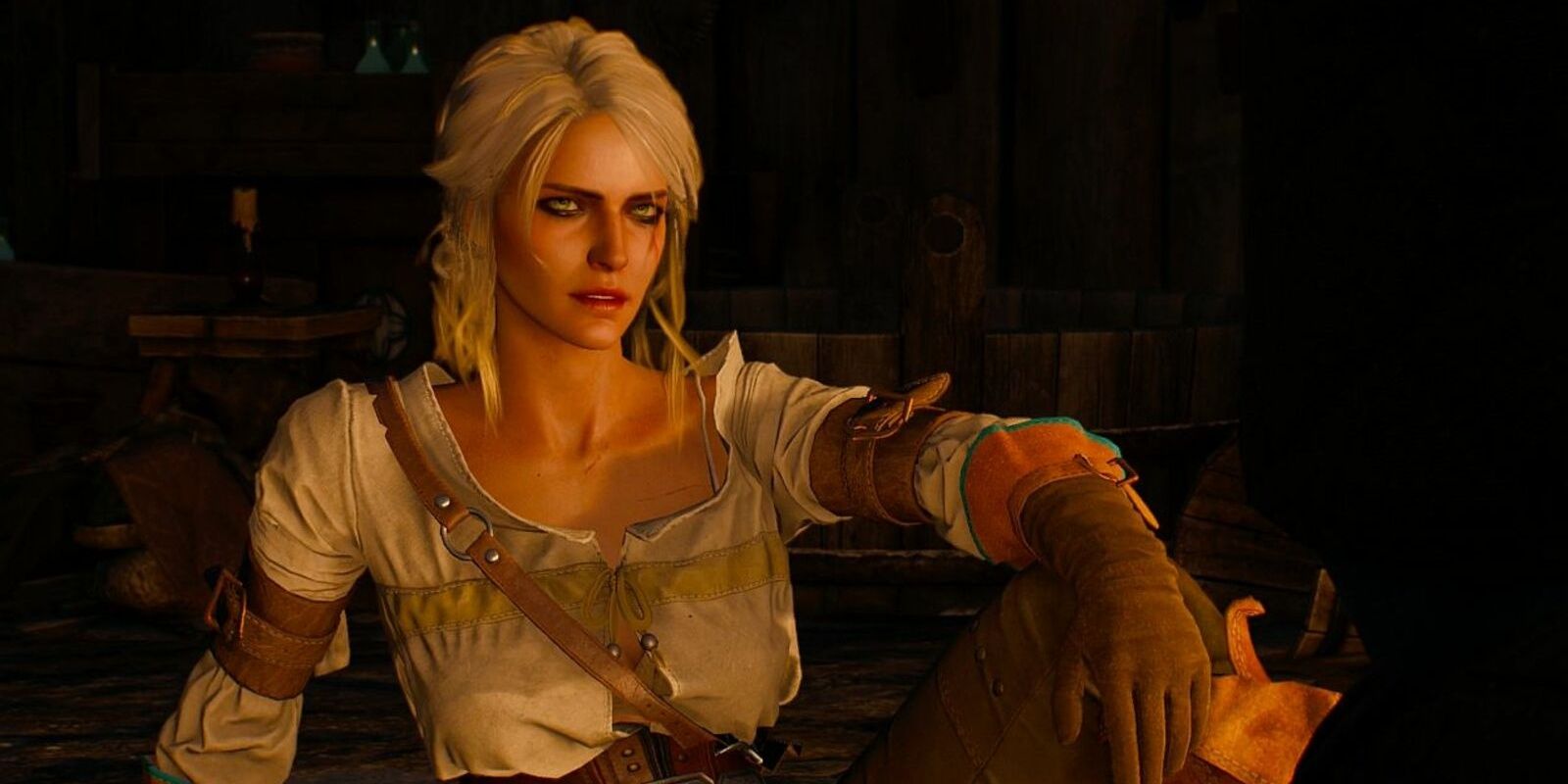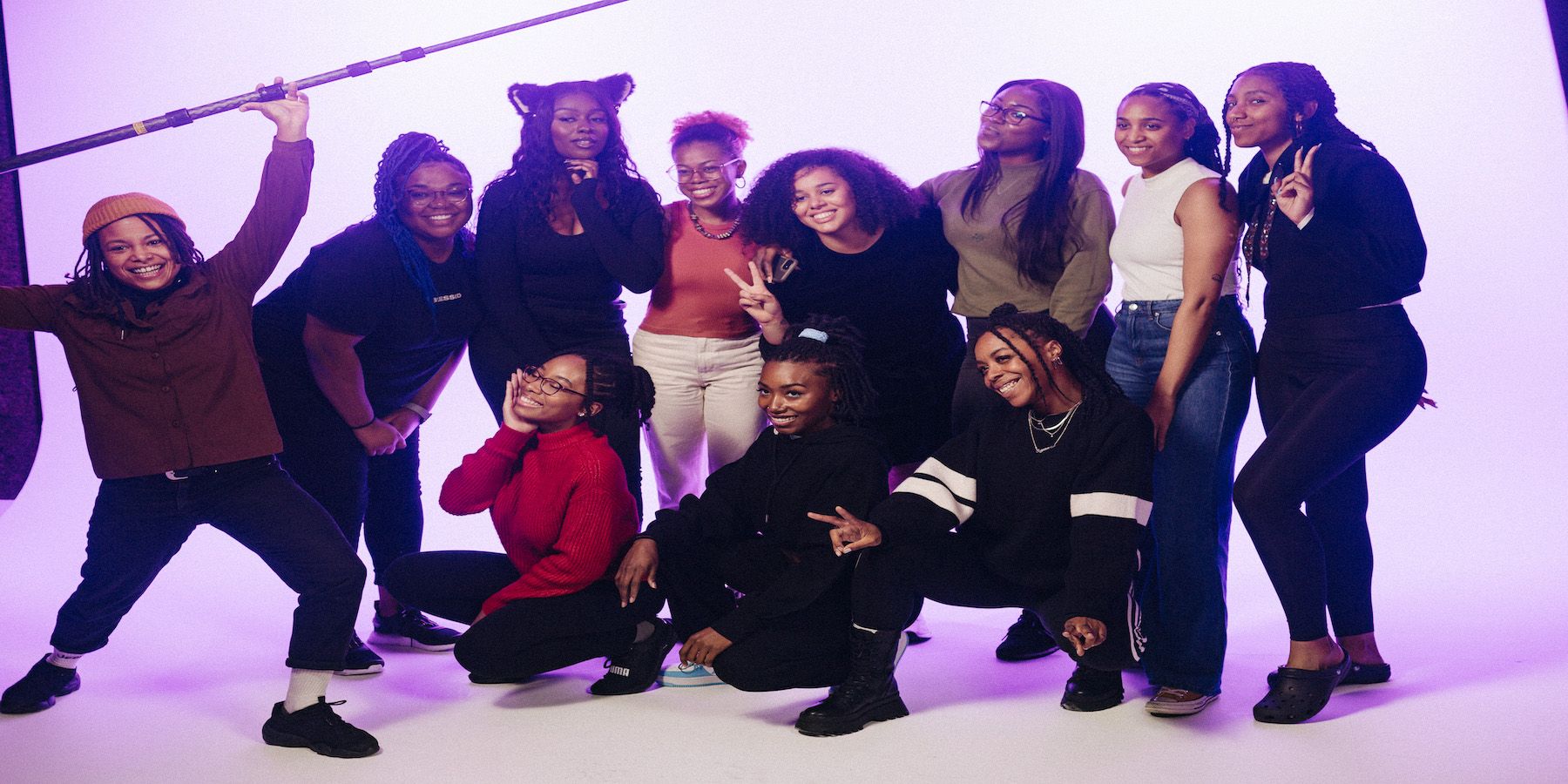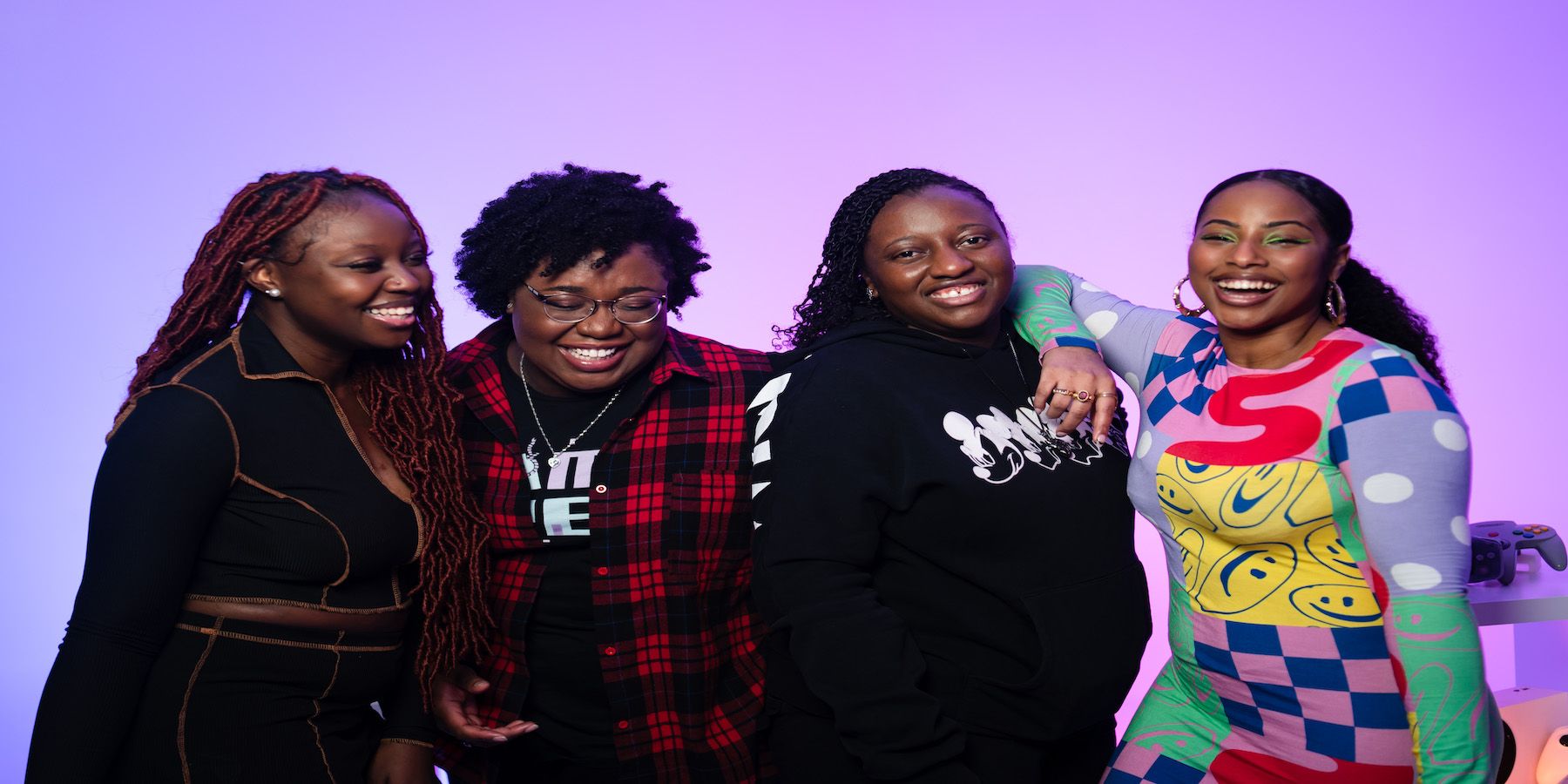Black Girl Gamers is an online platform that elevates Black women's visibility in gaming through content creation, consultation, brand partnerships, and more. Established in 2015, the group has contributed to a shift in the industry—the creation of more Black female characters—and has hopes to expand Black Girl Gamers to other places, like West Africa, to continue having an impact in the space.
Game ZXC recently spoke with CEO and Founder Jay-Ann Lopez on the repercussions of the lack of diversity and inclusivity in the most beloved video games and entertainment franchises like Final Fantasy and Harry Potter and how that has trickled down to impact Black and Non-White people on different levels. The following transcript has been edited for brevity and clarity.
Q: For our readers, can you tell us a little bit about yourself and Black Girl Gamers?
Lopez: I'm the founder and CEO of Black Girl Gamers, which is a community-powered organization that specializes in heightening black women's voices and equity in the gaming space. We've been doing that since 2015, originally starting as a Facebook group. Since then, we've been instrumental in helping change the narrative regarding diversity inclusion, showing content creators how to work with brands, and kind of changing some of the dynamics in the industry.
Initially, a lot of content creators didn't know how to work with brands on a bigger scale, and so a lot of them have done that and gone out to their networks, and we've taught them essentially. The way we work is through events, consulting, community content, and talent brokering. We also have a niche agency internally to help broker black women for opportunities, sponsorships, campaigns, TV, etc.
As I mentioned, it started as a Facebook group. Initially, I was looking for a space for myself to game without racism and sexism really and truly, and I needed to find other black women like myself because I didn't have any friends who were gamers at the time.
And now as I mentioned, we don't call ourselves just a community. We don't call ourselves just a platform. We are a community-powered organization with 59,000 followers on Twitter. We've partnered and worked with the likes of Meta, Google, Netflix, Samsung, Square Enix, Twitter…There are a lot on this list and a lot of non-gaming companies as well.
Q: Did you ever feel like you were ostracized because video games are seen as masculine and are traditionally masculine?
Lopez: Yeah, of course. If it's part of the reason why I started BGG because I knew I wasn't the only one. If I do it, then someone else does it. I knew I wasn't the only one. Growing up, there were family friends that I would go to their house, two boys, and they would play games in front of me and hardly ever share while I was around their house. And our moms were talking, their mom said something sometimes, and they would sometimes share then, but more often than not, they would just not do it. I also never saw a Black girl character, and if she was, she's the neck-popping, sassy stereotype, which was commonly leaned on for comedic relief for just all the media like reading the magazines, etcetera, and a lot of men sexualized female characters. So of course all of that all in one is ostracizing to a young Black girl, who's interested in gaming.
Q: Did you know any other girls who played video games too?
Lopez: No, not really. I'm trying to think. Nope… If I did, I don't remember who they are.
Q: You mentioned how there were hardly any Black women characters in video games. Were there any video games that made you wish that their character was a woman of color or a Black woman?
Lopez: I would flip the whole premise of a number of games, especially the ones that go into countries and get their relics. I would flip that on their head – that's always been a dream of mine in general. But to be honest, no. I'm not averse to having White characters. I'm just annoyed at how prevalent they are.
I wouldn't want to change an existing character that I can think of at the moment. One of my favorite games, The Witcher 3, is predominantly based on a Polish novel. I have seen no need for me to change that main character. What I want is more stories that are authentic to Black, Brown, and Non-White people of color to be reflected in. I don't want to necessarily have to “racebend” an existing character for me. That's not the epitome of representation. It works in some ways and other ways. I want some original content.
Q: Some of the most beloved, if not all, the most beloved video games, they lack diversity and inclusivity. What do you think has been the repercussions of this, especially for Black women and people of color in general?
Lopez: They're ostracized at every different level of the process. I think in the US around 4% of the industry is Non-White, and that's definitely a repercussion of not being able to see yourself in the medium. Also, there are parents and family not believing that there's a space for you in that medium, so they’re not encouraging their children to even go down that lane. The other repercussions are that when brands do work with these content creators who are Black and Brown or Non-White, they will underpay them, undermine them and their reach because they don't see them as the core demographic. The whole marketing strategy of targeting White men definitely is a repercussion of that, and that's caused its own repercussions.
I think not being a representative medium has repercussions in every way. Even down to just the normalized associations when you think of games. So the normalized association of fantasy, you think of European medieval settings whenever you think of any kind of [intellectual property]: Lord of the Rings, Harry Potter… Even The Witcher, they're all based in European settings. Within those fantasy settings, it seems that they can have dragons, but have no people of color. They can have magic, but they will negate the very real, very historical existence of Black and Brown people in Europe in those same medieval or middle-aged times. So for me, there are so many repercussions.
One of the biggest repercussions, I think, is the negating of Black inventors and founders within the space, like Jerry Lawson, and the whole narrative that a lot of White gamers used to say, “Gaming is White culture. You're appropriating our culture.” It's a common rebuttal online when people are asking to fight for diversity, wholly ignoring that a whole Black American man created the game cartridge, which obviously we know led to a plethora of different versions of hardware that we use for gaming today, so that the repercussions are social, economical, educational in all of these different ways.
Q: I love the point you bring about Harry Potter and the Lord of the Rings. I’m Filipino, and I remember in Harry Potter, they had like one Asian girl in Harry Potter, and I was like, “Oh my God. An Asian person in Harry Potter.”
Lopez: I'm definitely looking for more understanding from your background, like what are the Filipino myths and lore that can be turned into games. That would be amazing, and I'm open to see that. There's a game called Raji, and the team is, I believe, Indian. The main character is an Indian female character. I played that game and I loved it. It's like dipping into someone else's history, and it's more educational in their culture as opposed to having people who don't know the culture talk about it.
Q: Have you seen any video games that do have a strong Black female character?
Lopez: I don't need a strong Black female character, to be honest. We have a lot of strong Black women; this whole trope of being strong as a Black woman is in itself a whole discussion.
I see diverse, underrepresented characters in games like Apex, who have kind of covered a lot of bases. There are also games like Overwatch, which I had initially had a problem with – and they seem to be picking up their slack now – but still as a game that has a majority of White characters, I still don't understand how you can call yourself a diverse game and have a majority of White characters. But a lot of them that do it right are games where you pick from a roster.
What I'm also looking for from these companies that create franchises around White characters – the Tomb Raiders, The Witcher 3s, the Nathan Drakes, The Last of Us – are playable protagonists that have their own franchises that are non-White. We don't see that very often either.
The only one that I can remember that I've played, it's not even a franchise, it was one singular game is Nilin from Remember Me. I know there's Flintlock coming out, so those are two games where the protagonists are either biracial or Black descent or Black character – depending on how you characterize blackness, but they're Black female protagonists. Again, that's far and few between. I can name two and Forspoken, which is three, but in the whole history of gaming, that's not very great. There was also another indie game called Dandara, which was Brazilian that had a Black female protagonist character from an indie studio.
Q: Has there been any video games that you've seen that have gone in the right direction in terms of diversity?
Lopez: Apex is definitely one that's done quite well. The intention is there, and the same with Overwatch.Overwatch didn't have a Black female character for so long, and they had six White characters that were male, seven White characters that were female And I was like, “Where's the Black women?” Out of the two, I would pick Apex because obviously, they represent me and that's what I'm here for really and truly. Deathloop was also great and Ghost of Tshushima. I'm not Japanese, so I cannot speak to the cultural accuracy, but I really enjoyed that game. Again, Raji is another one as well.
Q: Can you talk about how video gaming can be therapeutic, especially for people of color?
Lopez: It depends on everyone's personal relationship with gaming, but it de-stresses me because it's an escape. It's escapism. It's delving into another world where you can just literally disconnect and that sounds weird because it's a digital thing and it's a tech hobby, but you disconnect from the world for a bit. It all can also be social, you can have friends online and play with them, and it really is fun. It's about endorphins, it's about being engaged in a story.
I liken it to when people watch movies, and I'm like, “Why will you watch movies?” It's the same effect. I feel like people have this other weird idea of gaming. It's very logical as to why people find this soothing and find it relaxing, but it's because people have had a very limited idea of gaming with the media [and] movies have created these clichés of gamers who are violent or don't leave their basement and stuff.
People ask a question that really has a logical answer and a very comparable answer to what they do day to day. Why do you play sports? You disconnect. Why do you watch TV? You disconnect, it’s nice, entertaining. There's also been studies about it, which I would encourage anyone to read if they have questions as to why gaming is so prevalent as it is.
Q: What are some things that Black Girl Gamers are doing to create this space for inclusivity and diversity?
Lopez: The first thing is community. We have a safe enclosed community for our Black women and Black non-binary people in the space who have experienced sexism and racism in the gaming industry or just want to connect with other Black women gamers. That is a community of almost 10,000 people. We then also work for our community to do workshops and mentorship programs to connect people who want to work in the industry with brands, and with the knowledge that they can understand that "this is the area I want to work in" and get some advice on that. We do events similar to the Black Girl Gamers Online Summit, which was all about highlighting the different Black people in the industry and how people can work in the industry.
We do offline events, in-person events, partnering with brands and giving Black women the opportunity to work and be a part of these events in the gaming industry. We broker talent within our community, providing talent for the likes of Google, H&M, Samsung, and Captain Morgan to provide these Black content creators and talent with the opportunities that otherwise they would not get. There's also the consulting where we consult with games to help increase and improve the representation that they have in their games and comment on the content. Black Girl Gamers has increased the visibility of Black women streamers and content creators. We give a lot of hope to Black women content creators who were scared to show their faces.
They now had a frontier behind Black Girl Gamers. They had a community that would help them navigate the troubles or obstacles streaming, but also navigate the things that come particularly with being a Black woman, which is racism and sexism. They no longer felt afraid, and that's a huge thing that we've done on Twitch and in content in general. Overall, it's just closing the gaps in all of these different areas, putting people forward for opportunities, and providing insight and knowledge. That's been our focus for the last eight years, and it continues to be.
Q: Since founding Black Girl Gamers, have you seen any type of shift in video games or the gaming community?
Lopez: Yeah, 100 percent. The first one is the Black female representation. We were very vocal in 2017 and 2018, and those are the years in which you see more Black female characters pop up in, especially in games where you can pick characters like rosters. They become more of a thing. You see the difference in Black hair character representation in games and how far that's come since you also see a lot of Black content creators, especially Black women, as I mentioned, working with more brands and knowing how to do so.
Black Girl Gamers has worked with a lot of these brands, but a lot more beauty brands are coming into this space as well, because more statistics on women and social media has democratized gaming and brought consumers closer to the publishers, indie games, and also to the brands. We're seeing a lot more crossover with non-gaming brands coming into the gaming space and working with collaborations, integrations, etcetera. Social media did a lot because it’s how Black Girl Gamers exists essentially.
Q: Is there anything else that we didn't talk about that you'd like to mention or discuss?
Lopez: I'm from the UK, Black Girl Gamers started in the UK, but it's always been global. The majority of our community and our audience is American. So moving over here is just another step for the growth and the scaling of Black Girl Gamers to continue having an impact in this industry. I really want to build a legacy globally and America is a huge part of that.
Other than that, we still aim to represent the British audience and the audiences from other places as well, so it's not just about expanding to the US, but it was also about expanding to our other places and having that representation like Africa is definitely a place that I want to expand in, whether it be West Africa most likely in the future. I think focusing on gaming in the West will be redundant soon, depending on I guess like internet access in different places, things are going to change, and the pool of gamers is going to further diversify. Representation and thinking about these audiences need to also happen.
[END]

